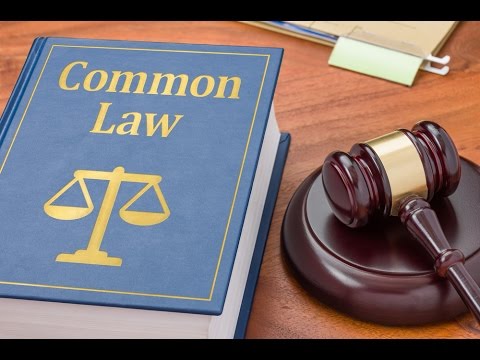A court of record is a “superior court.”
A court not of the record is an “inferior court.”
“Inferior courts” are those whose jurisdiction is limited and special and whose proceedings are not according to the course of the common law.” Ex Parte Kearny, 55 Cal. 212; Smith v. Andrews, 6 Cal. 652
Criminal courts proceed according to statutory law. Jurisdiction and procedure is defined by statute. Likewise, civil courts and admiralty courts proceed according to statutory law. Any court proceeding according to statutory law is not a court of record (which only proceeds according to common law); it is an inferior court.
“The only inherent difference ordinarily recognized between superior and inferior courts is that there is a presumption in favor of the validity of the judgments of the former, none in favor of those of the latter and that a superior court may be shown not to have had the power to render a particular judgment by reference to its record. Ex parte Kearny, 55 Cal. 212. Note, however, that in California ‘superior court’ is the name of a particular court. But when a court acts by virtue of a special statute conferring jurisdiction in a certain class of cases, it is a court of inferior or limited jurisdiction for the time being, no matter what its ordinary status may be. Heydenfeldt v. Superior Court, 117 Cal. 348, 49 Pac. 210; Cohen v. Barrett, 5 Cal. 195” 7 Cal. Jur. 579
The decisions of a superior court may only be challenged in a court of appeal.
The decisions of an inferior court are subject to collateral attack. In other words, in a superior court, one may sue an inferior court directly, rather than resort to appeal to an appellate court.
The decision of a court of record may not be appealed.
It is binding on ALL other courts.
However, no statutory or constitutional court (whether it be an appellate or supreme court) can second guess the judgment of a court of record. “The judgment of a court of record whose jurisdiction is final is as conclusive on all the world as the judgment of this court would be. It is as conclusive on this court as it is on other courts. It puts an end to inquiry concerning the fact, by deciding it.” Ex parte Watkins, 28 U.S. (3 Pet.) 193, 202-203 (1830). [cited by SCHNECKLOTH v. BUSTAMONTE, 412 U.S. 218, 255 (1973)]
Also, see Counterclaim Notes
TAX COURT IS A COURT OF RECORD IT IS NOT AN ADMINISTRATIVE COURT
Tax Court is a court of record. It is not an administrative court unless you permit it to quit being a court of record.
Here is what the Internal Revenue Code designates:
26 USC 7441: Status. “There is hereby established, under Article I of the Constitution of the United States, a court of record to be known as the United States Tax Court. The members of the Tax Court shall be the chief judge and the judges of the Tax Court.”
BACK to Nisi Prius Court
BACK to Foundation
FORWARD to Court etiquette
